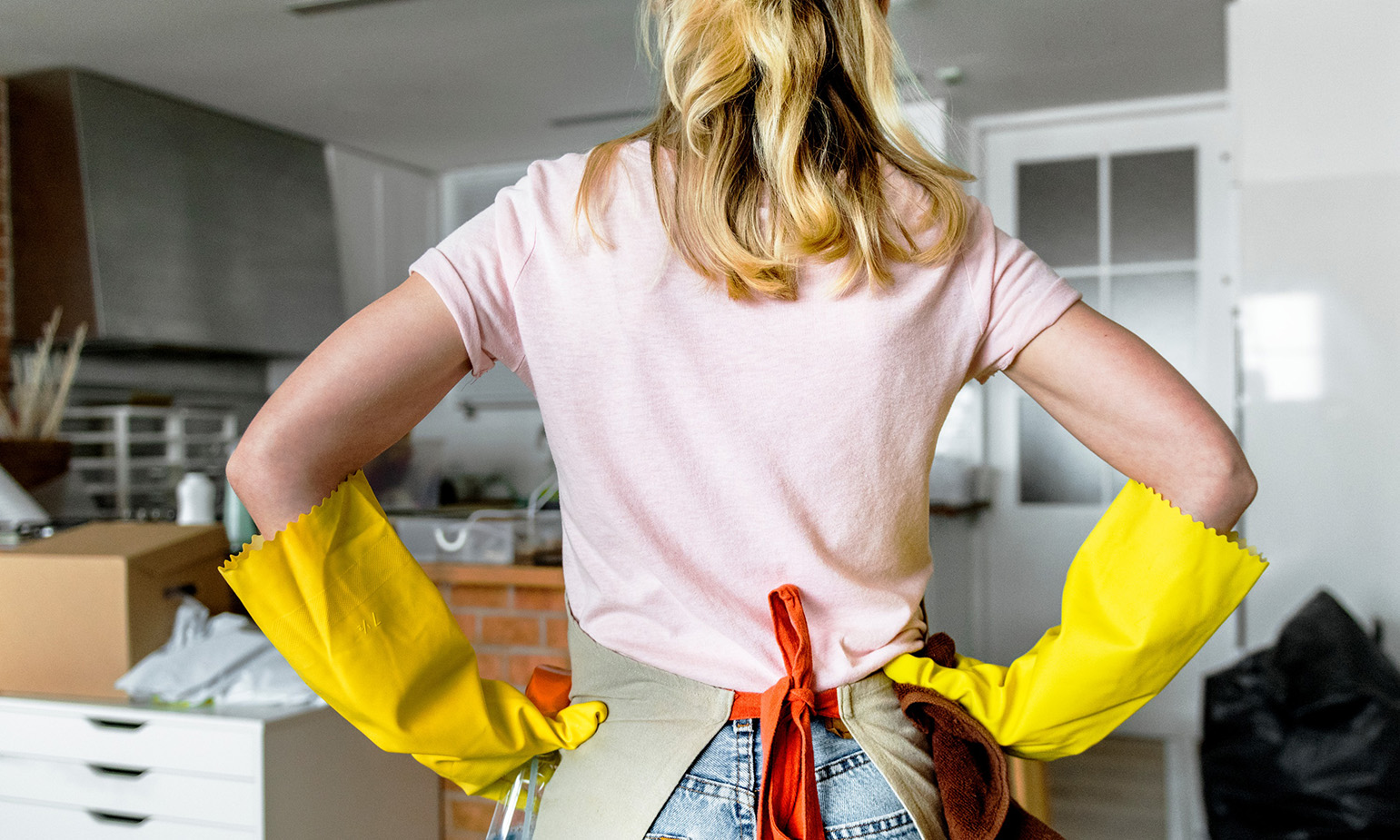Living With a Hoarder: What Life is Like and How to Help
Man naturally cherishes objects that hold sentimental value. No matter how simple they are, we store these keepsakes somewhere secure as if to hold onto a promise that the giver made with them. Years or decades go by, and these gifts already exhibit age, and looking back into these time capsules is still a heartwarming experience.

But, some obsessively hold onto material things to the point of obstructing functional spaces in their home. They give no regard to the value these objects have and would stress over the thought of getting rid of any item on the stockpile they built. They could be living under the same roof as you.
Maybe, you’ve tried convincing them countless times that there is no point holding on to these mostly obsolete objects but to no avail. It gets especially tough if you only want the house to be as clean, orderly, and safe as possible, but your housemate objects whenever you float the idea of decluttering.
Hoarding is one of the many forms of obsessive-compulsive behaviors, and, as such, overcoming it isn’t an overnight process. Suppose your loved one exhibits behaviors like mindlessness of the things he brings into the house and indecisiveness over things that need to be sorted into those worth keeping and those that need to be thrown out. In that case, it is best to seek advice from a psychological expert.
On the other hand, you could be just as concerned for your loved one’s well-being. And so, you want him to unclasp the obsessive and compulsive tendencies that bind him gradually. You are instrumental in his recovery, mainly because you are with him most of the time. Here are the little things you can help him with:
Health Consequences
By principle, the more packed your home, let alone your storage space is, the more dirt will accumulate. Not only are hoarded objects eyesores, but they are also the perfect breeding grounds for dust and other irritants that may cause allergic reactions when you inhale. You want your house to be your haven during this pandemic, not a place to get sniffles and itchy eyes.
A cluttered space is also an optimal hiding spot for pests. Not being conscious of how good food items on your pantry still encourage scavenging insects like weevils and cockroaches to form colonies. Stockpiling on unnecessary things, which then keeps you from thoroughly cleaning your house, also saves you from immediately spotting rainwater or plumbing leaks and, therefore, breeds mold and mildew growth.
All these combined pose health risks to all occupants of the house. This should be a compelling reason for your loved one to at least start picking things from his massive collection to dispose of.
Preserving the House
With an outrageous amount of objects from paper boxes to the tiniest trinkets blocking your lines of sight of the furniture, flooring, and walls beneath them, it will be hard for you to check for stains or damages that may have formed. It is a work in progress, but ever so gently, remind them that the items they are trying to preserve, God knows the reason, are accelerating the deterioration of the house and its fixtures.
Your loved one may have developed this hoarding behavior from an impoverished past, and so he’s been so focused on preserving his lot all his life. The same case need not apply today anymore, though. It is ultimately a matter of prioritizing the enormous intrinsic value of the property over the more fleeting value of objects.
How You’re Wasting More by Hoarding
Put, accumulating amounts of an item more than necessary that only end up being used is wastage itself, contrary to what they thought is thriftiness. For instance, hoarding packaged food only for them to go bad before you get to eat them is an indicator that you are not efficiently using your food budget. You are wasting more than just usable storage space by buying things you don’t need at the moment, so much that you forget you had them because it’s already buried beneath all your other hoarded items.
Start Over with an Eco-Friendly Slate
A common reason hoarders find it hard to let go of objects is they think somewhere at some point they will be able to find a use for them, making it a waste of resources had they thrown them out. They will feel less lousy throwing empties if they know they’re made to be recycled by manufacturers. One way you will be able to wean them from such a paralyzing mindset is by introducing eco-friendly alternatives to everyday commodities like cleaning chemicals packed in biodegradable plastic.
Help them categorize their things into those they could not live a day without and those that are useful but not daily. A cutlery set separate from those you use daily, for instance, can be pooled into one group which a moving company can help you with. They can rent a storage unit where they will keep your stuff. If the object belongs to neither of the categories, then it goes to trash.
The ongoing pandemic has made many of us more conscious of the cleanliness of our living spaces. It is challenging for those who have a hoarding family member. You need not argue, though. Instead, help them overcome their condition.














